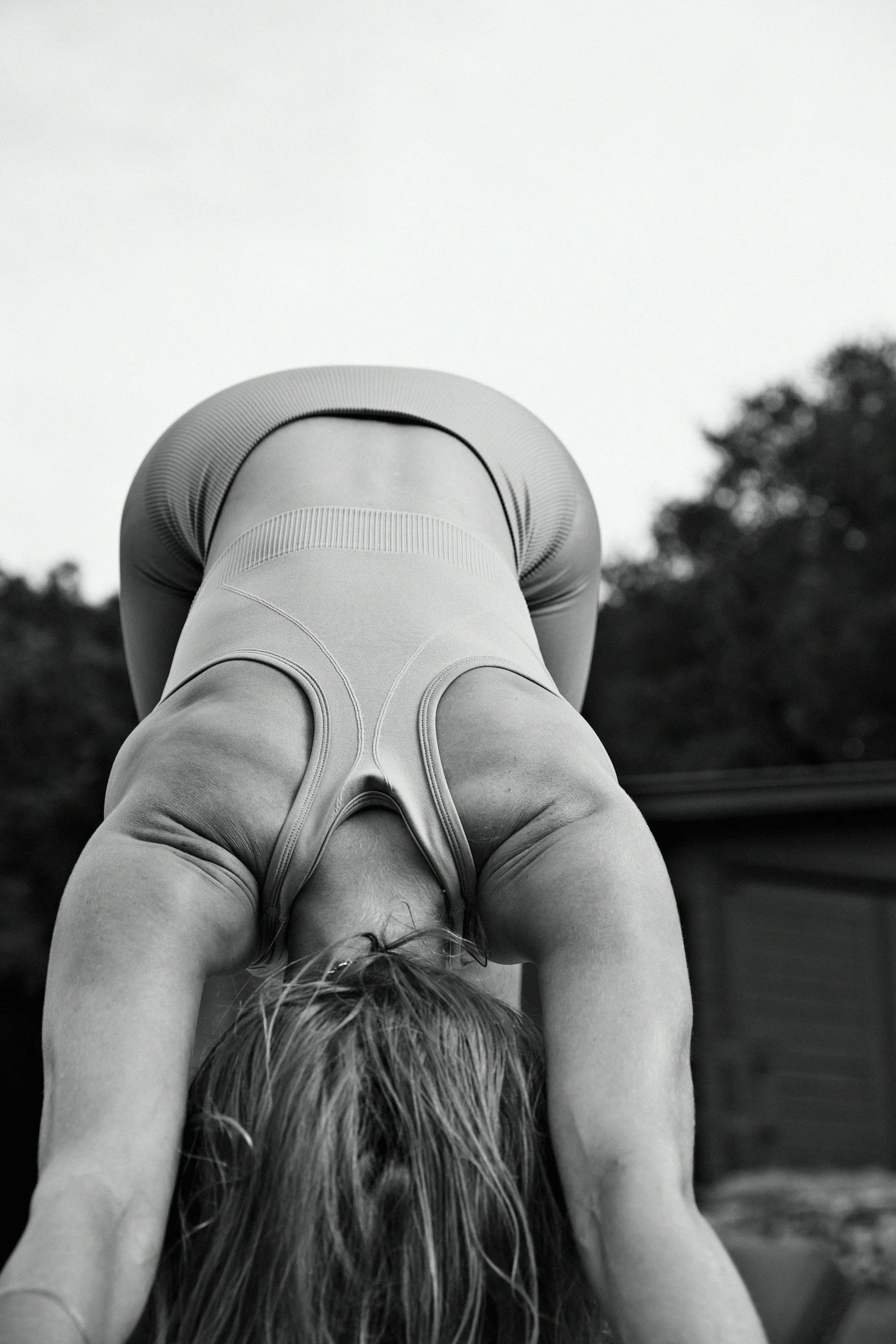The Little Things That Make a Big Difference in Your Mental Health
DISCLAIMER: This post may contain affiliate links. I may receive a small commission, at no extra cost to you, if you click through these links and make a purchase.
When it comes to mental health, we might think of therapy, medication, or major lifestyle shifts. While those things are certainly important, little, everyday habits can make a big difference in how we feel on a day-to-day basis.
In this post, we’re going to talk about the small, simple actions you can take each day to boost your mental health and create a sense of calm, balance, and positivity. These aren’t huge commitments or over-the-top strategies—they’re simple, easy things that anyone can incorporate into their daily routine.
Let’s dive into the little habits that can make a big difference in your mental well-being!
1. Start Your Day with Intention
How you start your day sets the tone for everything that follows. If you wake up and immediately dive into emails, social media, or rushing around, it can leave you feeling overwhelmed before your feet even hit the ground. Instead, try starting your day with intention and mindfulness.
How to Do It:
Take a few deep breaths: Before you even get out of bed, take a moment to breathe deeply and center yourself. A few slow breaths can calm your nervous system and help you feel grounded.
Set a positive intention for the day: Think about what you want to feel or focus on. It could be something as simple as “Today, I’m going to be kind to myself” or “I’m going to stay present and enjoy the little moments.”
Avoid your phone first thing: Instead of diving into your notifications or emails, take 5-10 minutes to focus on yourself. This might be stretching, journaling, or just sitting quietly with a cup of tea.
2. Practice Gratitude Throughout the Day
Gratitude is one of the simplest yet most powerful tools for boosting mental health. Shifting your focus from what’s wrong to what’s going right can instantly improve your outlook on life. The more you practice gratitude, the more you’ll notice positive things in your life, no matter how small they may seem.
How to Do It:
Start a gratitude journal: Each day, write down three things you’re grateful for. They don’t have to be big—things like a beautiful morning, a compliment from a friend, or a delicious cup of coffee count!
Express gratitude to others: Take a moment to thank the people in your life, whether it’s a coworker who helped you out or a friend who made you laugh. This creates a sense of connection and positivity.
Take “gratitude breaks” throughout the day: Pause for a minute during your day and think of one thing you’re thankful for. This can be as simple as appreciating a quiet moment (like those 30 seconds your kids are playing nicely together) or the sunshine outside.
3. Move Your Body, Even for Just a Few Minutes
Physical activity has a huge impact on mental health, and you don’t have to do an intense workout to feel the benefits. A few minutes of movement can boost your mood, reduce stress, and help clear your mind.
How to Do It:
Stretch for 5 minutes: Whether you’re working at a desk or taking a break from housework, take a few minutes to stretch your body. Focus on your breath as you stretch to release tension.
Go for a short walk: Even if it’s just for 5 minutes, a short walk outside can lift your spirits and help clear your head.
Dance it out: Put on your favorite song and move your body however feels good. Dancing is a great way to shake off stress and get your energy flowing.
4. Take Regular Breaks for Mental Recharging
We’re all guilty of pushing through busy workdays or stressful moments without taking a break. But constantly being on the go can lead to burnout, irritability, and mental exhaustion. Taking regular breaks is essential for maintaining mental clarity and focus throughout the day.
How to Do It:
Set a timer to take breaks: Every hour or so, set a reminder to step away from your work or daily tasks. Even if it’s just for a few minutes, getting up, stretching, or stepping outside can help reset your mind.
Get out of your head and into your body: Use your break time to take a walk around the block or down the hall.
Mindfully disengage from screens: If you’ve been staring at a screen for a while, try stepping away for a bit to prevent eye strain and give your mind a break from constant stimulation.
5. Stay Connected with Loved Ones
Human connection is essential for good mental health. Social support helps us feel understood, loved, and less isolated. Whether it’s spending quality time with family or chatting with a friend, nurturing your relationships can have a positive impact on your well-being.
How to Do It:
Check in with a friend or family member daily: Even if it’s just a text or quick phone call, staying connected with those you care about can help you feel supported.
Schedule social activities: Plan regular hangouts, whether it’s a coffee date, a weekend walk, or a fun outing. Having things to look forward to can keep you feeling socially engaged.
Be present when you’re with others: When you’re spending time with loved ones, try to be present and fully engaged. Put your phone down, listen actively, and enjoy the quality time together.
6. Unplug and Practice Digital Detox
Constantly being “on” can be overwhelming for our minds. The constant cycle of notifications, social media, and news can create mental clutter and add unnecessary stress. A digital detox can help you reset and recharge your mental health.
How to Do It:
Set “phone-free” times: Designate certain times of the day when you put your phone away—perhaps during meals, right after you wake up, or before bed. This allows your mind to disconnect from digital noise.
Take a social media break: Consider stepping away from social media for a few hours, a day, or even a week. This can help reduce comparison and anxiety caused by endless scrolling.
Unsubscribe from digital distractions: If your inbox is constantly bombarded with emails that don’t serve you, unsubscribe from lists that aren’t supporting your mental health or goals.
7. Practice Mindful Breathing or Meditation
Mindfulness practices like meditation and mindful breathing are powerful tools for calming the mind and improving mental clarity. These simple practices can reduce anxiety, increase focus, and help you feel more present in your daily life.
How to Do It:
Try deep breathing: Take a few minutes to practice deep breathing exercises. Inhale deeply for a count of four, hold for four, and exhale for four. Repeat several times to help reduce stress and anxiety.
Start with a short meditation: Even five minutes of quiet meditation can make a huge difference in how you feel. Find a quiet space, focus on your breath, and allow yourself to be present in the moment.
Use a mindfulness app: Apps like Headspace or Calm offer guided meditations that you can follow along with to make mindfulness easier.
8. Create a Relaxing Environment
Your environment plays a big role in how you feel. If your space is cluttered or chaotic, it can create mental stress. A peaceful, organized environment can promote calm and relaxation, helping you feel more centered and at ease.
How to Do It:
Declutter your space: Take some time to tidy up your home or workspace at the end of the day. A clean environment can help reduce stress and make you feel more focused.
Add calming elements to your space: Consider lighting a scented candle, playing soft music, or adding plants to your environment. These small touches can make your space feel more peaceful and inviting.
Create a cozy corner: Set up a space where you can unwind—whether it’s a comfy chair by the window, a reading nook, or a soft blanket to snuggle in. Having a designated spot to relax can help you de-stress.
Small Habits, Big Impact
It’s the little things—the daily habits—that can make all the difference in how we feel. By taking small, intentional steps to care for your mind, body, and environment, you can build a foundation of well-being that supports you every day.
So, take it slow, and remember: it’s the small, consistent actions that add up over time. You’ve got this!














